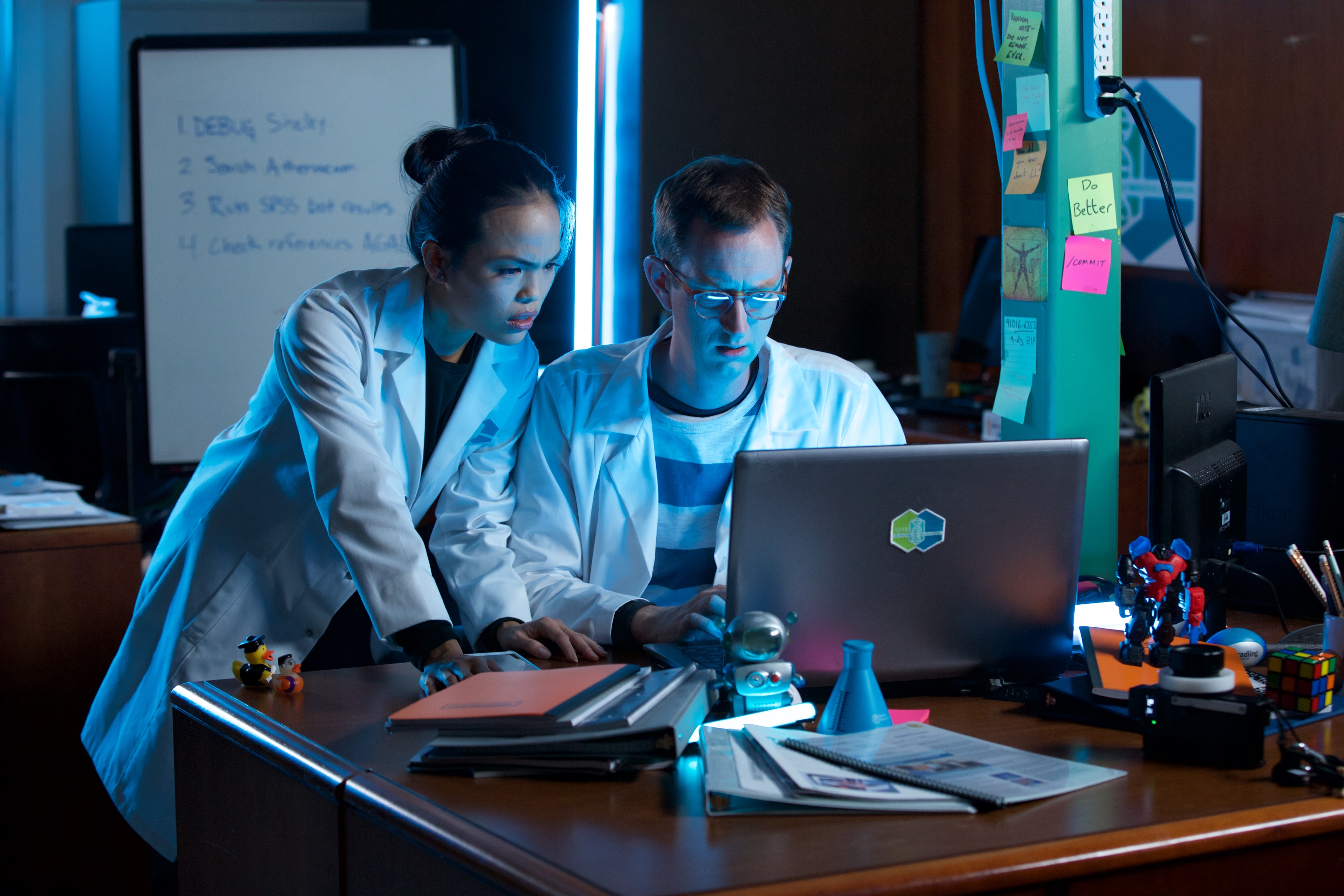
What is life?
No work of literature has done more to shape the way people imagine science and its moral consequences than Frankenstein; or The Modern Prometheus, Mary Shelley’s enduring tale of creation and responsibility.
The novel’s themes and tropes—such as the complex dynamic between creator and creation—continue to resonate with contemporary audiences. Frankenstein continues to influence the way we confront emerging technologies, conceptualize the process of scientific research, imagine the motivations and ethical struggles of scientists, and weigh the benefits of innovation with its unforeseen pitfalls.
Arizona State University will serve as the network hub for a global celebration of the bicentennial of the writing and publication of Frankenstein, 2016-2018. The celebration will encompass a wide variety of public programs, physical and digital exhibits, research projects, scientific demonstrations, competitions, festivals, art projects, formal and informal learning opportunities, and publications exploring the novel’s colossal scientific, technological, artistic, cultural and social impacts.
The Frankenstein Bicentennial Project will infuse science and engineering endeavors with considerations of ethics. It will use the power of storytelling and art to shape processes of innovation and empower public appraisal of techno-scientific research and creation. It will offer humanists and artists a new set of concerns around research, public policy, and the ramifications of exploration and invention. And it will inspire new scientific and technological advances inspired by Shelley’s exploration of our inspiring and terrifying ability to bring new life into the world. Frankenstein represents a landmark fusion of science, ethics, and literary expression. The bicentennial provides an opportunity for vivid reflection on how science is culturally framed and understood by the public, as well as our ethical limitations and responsibility for nurturing the products of our creativity. It is also a moment to unveil new scientific and technological marvels, especially in the areas of synthetic biology and artificial intelligence. Engaging with Frankenstein allows scholars and educators, artists and writers, and the public at large to consider the history of scientific invention, reflect on contemporary research, and question the future of our technological society. Acting as a network hub for the bicentennial celebration, ASU will encourage and coordinate collaboration across institutions and among diverse groups worldwide.
This material is based upon work supported by the National Science Foundation under grant numbers 1354287 and 1516684.